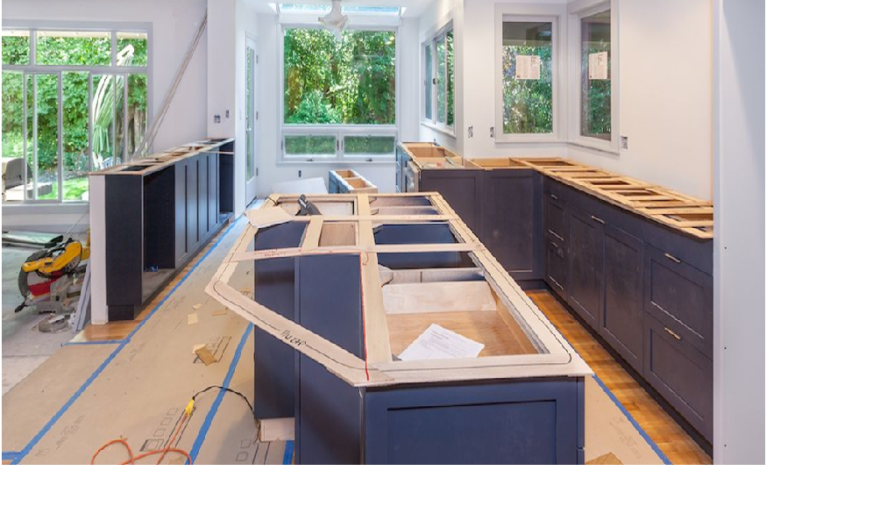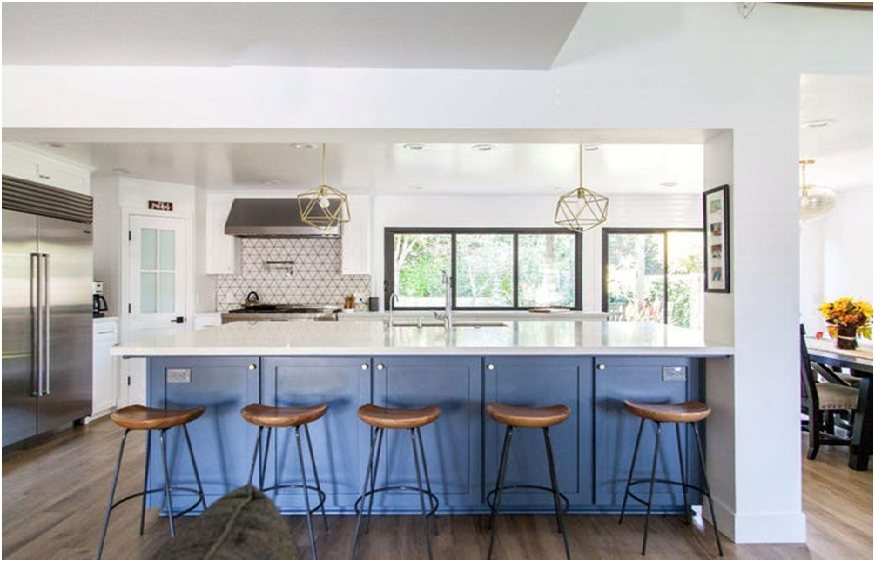
Fixer-upper houses usually look more attractive in hot housing markets. The prices of these properties are usually a lot lower, and there is less competition from other potential buyers. This article will share some pointers to help individuals find, purchase, and finance fixer-upper properties. Whether buyers plan to flip the house or live in it for a long time, they will have a lot of choices over the debentures they use.
How to purchase fixer-upper houses?
The process of purchasing this kind of property is similar to when individuals buy any other property. People should make sure to let their real estate agents know they are looking for this kind of property so agents can contact them when new properties hit the housing market. Before committing themselves, people need to do some research, especially with this kind of property.
Any house can have expensive problems, but this type of property tends to have more issues. So, unless people are experts themselves, they need to get professionals to warn them of defects that can have them over the budget. It means not skipping home inspections – even though this process can be tempting to waive when the buyer is in a bidding war. Before you start t look for houses, get your financial standing in check
If you plan to use home loans for these types of properties, you will need to have professionals estimate the cost and scope of repairs before getting approval from financial institutions. Real estate professionals and sellers will not take individuals seriously unless they can prove the buyer is qualified for financing. It means having a valid housing loan preapproval letter in their pocket.
Financing a purchase and renovation
Before, people would usually need three separate debentures to purchase and repair fixer-upper houses. These include:
- Initial loan to purchase the house
- Another debenture – usually personal credits – to fund renovations
- A remortgage when the job was completed to pay the first two debentures
Of course, having separate credits is far from ideal. People will pay closing costs at least twice. And personal credits can have higher rates and lower budgets for the renovation costs. The good news is financial institutions such as traditional banks and credit unions know that borrowers need something a lot better. And they developed an all-in-one housing loan to repair and purchase fixer-upper houses.
With rehab loans, people borrow lump sums that cover the renovation and purchase costs for the new house. Individuals only have to apply for one loan and pay one closing cost, making the entire process more affordable and more straightforward compared to past debentures. Today, there are wide selections of these fixer-upper housing loans people can choose from.
Want to know more about this subject? Check out websites such as http://www.refinansiering.club to find out more

Home debentures for this kind of property
Below, we will take a closer look at the most common types of rehabilitation debentures available in the market today. Please note that this article will focus on the needs of a first-time buyer who will live in the property they are buying. If an individual is planning to flip and fix the house, these debentures may not apply to their situation.
Fannie Mae
This type of credit requires an individual to pay a three percent down payment. Borrowers also need to have at least 620 scores. Individuals need to stop paying housing loan insurance when their mortgage balance drops to eighty percent of the property’s market value.
Freddie Mac
It has the same features as Fannie Mae. The three percent down payment is readily available if the borrower combines this plan with the firm’s Home Possible credit.
Federal Housing Authority 203 K plan
Borrowers are required to pay a down payment worth 3.5%. But it has a low minimum score of 580. People will have to keep paying the loan insurance until they sell, remortgage, or pay off the debenture.
Veterans Affairs Rehab debenture
If the person is an eligible service member or veteran, it is likely to be their best available option. It has zero percent down payment, no continuing housing loan insurance, and low-interest rates, making it pretty hard to beat.
Can individuals repair fixer-uppers themselves?
Naturally, the project will be more attractive the more work people can do themselves since labor costs today are pretty high. But the types and amount of work people can do themselves may be limited by the mortgage plan. More fixer-upper debentures need borrowers to be licensed contractors if they plan to do any of the jobs themselves.
And they may cap the number of jobs they can do regardless. So if they are relying on good equities to make projects viable, they need to make sure to review their debenture program’s rules first. Financial institutions will inspect all jobs to make sure that the project is in the right direction.
Finally, borrowers should not scrimp when they need expert professionals. People will most likely need construction experts and home inspectors to ensure they are not purchasing a money pit. If they are flipping, they need to have friendly real estate agents check the numbers. Sooner or later, borrowers should have specialists install or check plumbing and electrical wiring installations to ensure everything is up to code.
